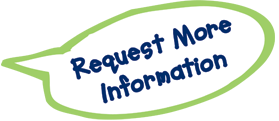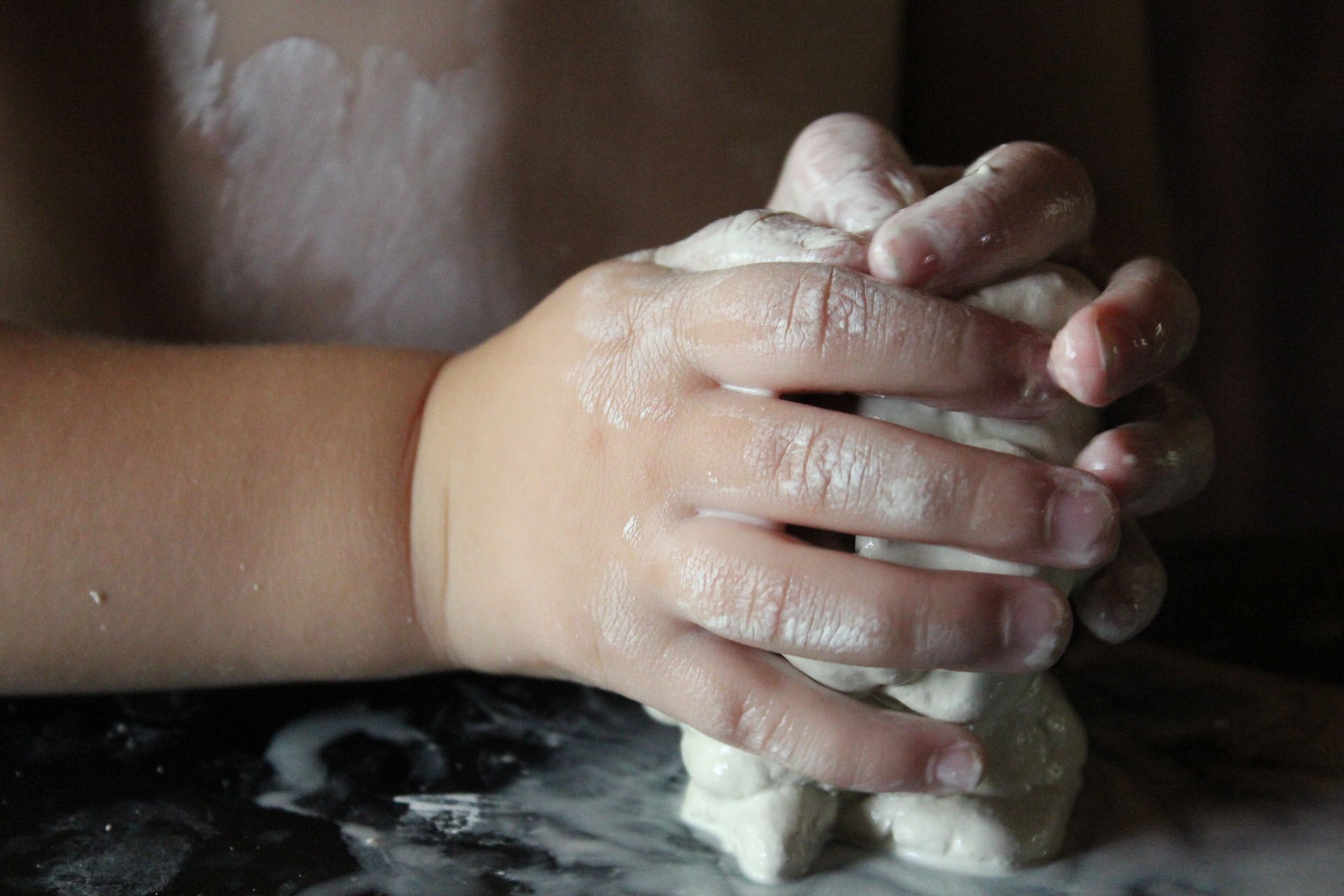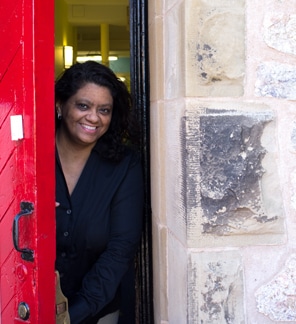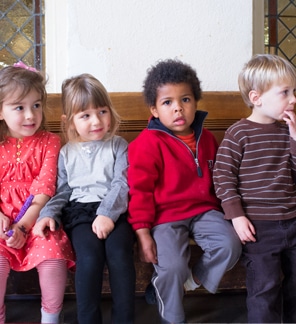Since the creation of Pine Village Preschool 2001 in Brighton, the founders, Emma LaVecchia and Brid Martin were aware of the important role social emotional wellbeing played in the education of children.
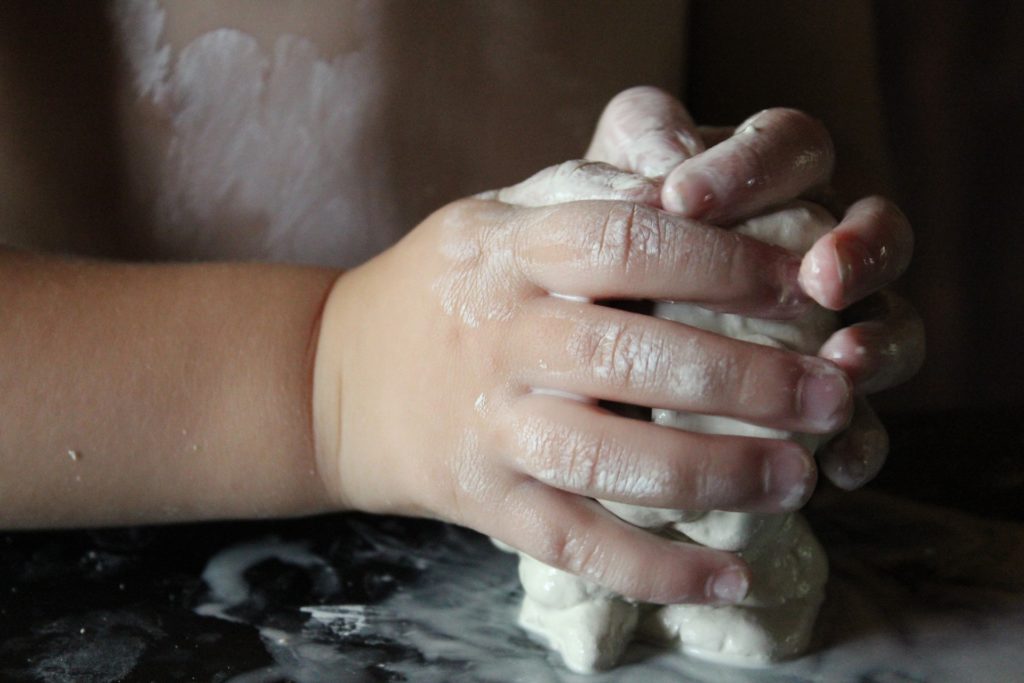
Coming from a Family Childcare background they knew that creating a loving holding environment for the children and a strong bond between parents and school were key elements in nurturing the healthy development of children.
Having opened 8 more schools during the last 10 years these principles have been solidified and are the foundation of the social emotional philosophy at Pine Village. Pine Village has created a program that emphasis the importance of emotional intelligence for directors, teachers, children and parents.
This program includes learning about and incorporating all of the Emotional Intelligence competencies and elements of the Conscious Discipline Program and Mindfulness principles in support of early childhood education.
Wellbeing has many aspects that contribute to everyday life in the 21st century. Most importantly it helps people to handle, learn and manage their emotions and stress levels. We all benefit from learning how to use our emotions in constructive rather than destructive ways.
In promoting this vision in the daily life of our schools, we ALL will realize the potential to have self-composure, manage stress and anger and build self-confidence, resilience and improve the quality of our relationships with others. We will engage in more empathic, honest, transparent, assertive and loving kindness interactions with each other.
It has been a wonderful creative journey thus far. In 2014 Marina Ituarte moved into the role of Community Director and in 2017 Peggy Kuhs joined Marina as our Social Emotional Coach to support all 10 schools, 10 directors and 120 teachers.
A key component of the program is fostering self-awareness
and openness to learning new skills that will directly benefit the lives of
directors, teachers and naturally be passed onto children. We have emphasized
the importance of self-care and well-being for educators by offering
professional development and opportunities for practice on these skills. When
we take care of ourselves we are ready to model and spread joy within our own
families and the school family.
What is Conscious
Discipline?
Conscious Discipline is a comprehensive classroom management program and a social
emotional curriculum, it is based on current brain research, child development
information and developmentally appropriate practice. It starts with the adult
and helps them to develop awareness about how internal emotional states dictate
behavior, build connections and create a positive climate between school and
home. It provides adults with the seven skills needed to effectively transform
any problem into an opportunity for learning. These
seven skills are:
1.- Composure: Being the person you want your children to become.
2.- Encouragement: Building the school family
3.- Empathy: handling challenging behaviors
4.- Choices: Building Self-esteem and willpower
5.- Assertiveness: Setting limits respectfully
6.- Positive Intent: Creating teaching moments
7.- Consequences: Helping children to learn from their mistakes
What is Social Emotional Learning?
Social and emotional learning is the process through which children and adults
acquire and effectively apply the knowledge, attitudes and skills necessary to
understand and manage emotions, set and achieve positive goals, feel and show
empathy for others, establish and maintain positive relationships, and make
responsible decisions. These skills are:
- Self-Awareness: A child’s realistic
understanding of his/her strengths and limitations and consistent desire for self-improvement. - Self-Management: A child’s success in
controlling his or her emotions and behaviors, to complete a task or succeed in
a new or challenging situation. - Social Awareness: A child’s capacity to
interact with others in a way that shows respect for their ideas and behaviors,
recognizes his/her impact on them, and uses cooperation and tolerance in social
situations. - Relationship Skills: A child’s consistent
performance of socially acceptable actions that promote and maintain positive
connections with others. - Goal-Directed Behavior: A child’s initiation of,
and persistence in completing, tasks of varying difficulty. - Personal Responsibility: A child’s tendency to
be careful and reliable in his/her actions and in contributing to group
efforts. - Decision Making: A child’s approach to problem
solving that involves learning from others and from his/her own previous
experiences, using his/her values to guide his/her actions, and accepting
responsibility for her/his decisions.
What is Mindfulness?
Mindfulness is a way of paying attention in a particular way: on purpose, in the present moment, nonjudgmentally. It is available to people at any moment, it does not require a special place to practice, it is just a time to pause and pay attention to yourself, to be present, and gives you the opportunity to train your mind to be more sensitive and emphatic. Mindfulness is noticing what is happening right here, right now. When you notice what is happening within yourself and around you it offers the possibility to pause and choose how to respond rather than react from an unconscious automatic and habitual way. This practice interrupts the usual pattern of responding from an impulsive place and opens up the possibility of making better informed and more conscious choices.
All of these practices together give our teachers the opportunity to connect with, care for, educate and nurture the children in a healthy learning environment. It opens the door to seeing the children’s challenges and strengths, and enables them to succeed and reach goals, both big and small. Pine Village is a family that includes parents, children and educators all working towards the same goals of raising strong, independent, caring, socially aware human beings who are capable of leading meaningful, happy and productive lives. We could not do this work without all members of the family involved in the process.
* Please see the links in the text above for more information about each of these areas. You can also learn more at the following websites:
Conscious Discipline: https://consciousdiscipline.com/
Social Emotional Learning: https://casel.org/about-2/
Mindfulness: https://www.mindful.org/what-is-mindfulness/


